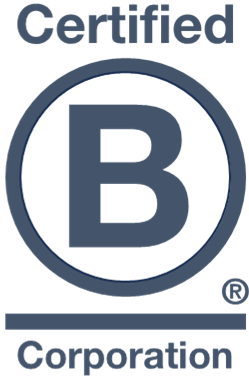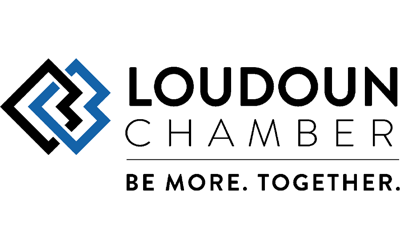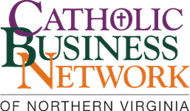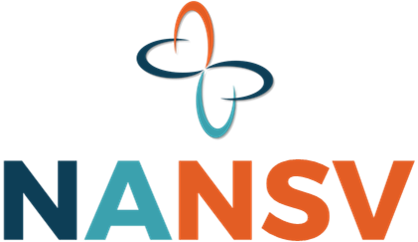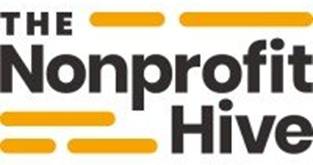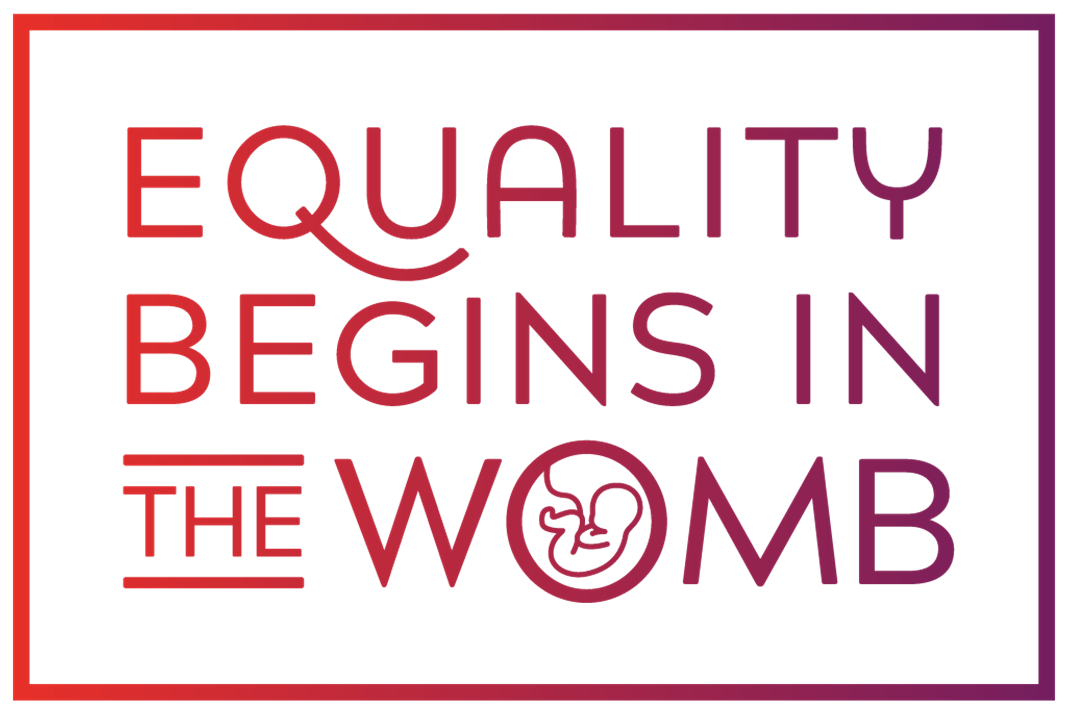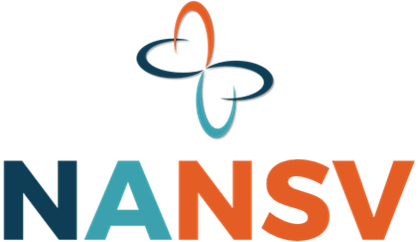Can you demonstrate you're willing and able to learn new applications? Collaborate with multi-generational teams? Take your skills to drive success for an employer in a new industry? Using your experience to take on new challenges you haven't before? These aren’t just check boxes—they’re signals to employers that you’re not winding down, you’re ramping up.
The Future Is Yours, Mature Job Seeker
Why Your Experience is a Strength, Not a Setback

Previously we posted about how mature professionals can provide an incredible amount of value to employers, Hiring managers' pre-conceived notions about the aging workforce exclude top-quality people, and their businesses often suffer for it. Today, Millree Williams of 40 Plus of Greater Washington and Willekop Coaching focuses on the job-seeker's role in overcoming perceptions to create "win-win" situations and get the jobs they want.
If you’re a seasoned professional navigating today’s job market, you’ve likely encountered the mixed messages: "Experience matters...but you might be too experienced." It’s a frustrating paradox, but here’s the truth: Your age is an asset. And more importantly, your mindset and your institutional knowledge are essential to employers as well—even if they don't immediately understand your value. As a mature job seeker, what you can offer is very powerful.
You're not just a long résumé showing a late 80s graduation date, decades of experience, and an ever-increasing salary history. You've "done it" before, stayed current on the latest trends, and have forward-thinking perspectives grounded in real-world wisdom. Smart employers can see that while fresh-faced youth know buzzwords and "bells and whistles," many don't see the business purpose or the environment, and they adapt and apply them to get critical results.
Strength in Experience—and Vision
You, however, have a history of delivering and enabling your employers' long-term success. You understand their goals and their challenges, and you've consistently found innovative solutions. You've led teams, mentored rising stars, managed crisis situations, and anticipated and resolved issues before they "blew up." And, you've demonstrated the ability to look ahead and be strategic, mixing "tried and true" with "cool and new" in the best ways for your organization.
You understand the fun things the latest stuff can do and—this "and" is critical—you also know how to make them work for a business. You have context. You appreciate it's not just about the following the latest trends—you get that they have a purpose, that they're not just "art for art's sake," that they need to be used to improve performance, reduce cost, and advance business goals. You know how to investigate, evaluate, modify, and implement to achieve an objective.
In other words, you have "experience plus." You bring business acumen, industry knowledge, leadership ability, and professional maturity. These things can’t be faked or fast-tracked, and are crucial to business success. But you haven't stayed "stuck in the past," clinging to old practices. You're curious, attentive, and will embrace change—new methods, new technologies, evolving work cultures. You're a lifelong learner, and you understand how to apply what you've learned.
Articulating the Value You Offer
Assumptions about older professionals are definitely a challenge, but you can overcome them by conveying your skills and experience though a relevant, compelling story. Consider five things most hiring managers say they value the most in job candidates:
- Leadership—Ability to inspire, engage, empower, and individuals and teams to collaborate, experiment, and test ideas, not just instruct on what needs to be done and how to do it.
- Perspective—Clear understanding of business objectives, and how individual and collective responsibilities contribute to advancing missions and achieving required outcomes.
- Creativity—Willingness to explore new ways of getting work done, improving products and services, etc., and ability to "think outside the box" to find solutions to business problems.
- Stability—Calmness to deliver under pressure, confidence to manage in times of crisis, and steadiness as organizations, workplaces, people, methods, and technologies change.
- Commitment—Evidence candidates aren't just "chasing a job," but are seeking purpose and want to make real, long-term contributions employers and their customers.
Armed with this knowledge, you're in position not just to land a new job, but to land the job you want. But you can't just submit the same old résumé you've always used. More than likely, it won't even pass through initial screening. If you want to get noticed, you should consider:
- Modernizing the Format—Presentation leaves an immediate impression. In most cases, this isn't time to go crazy. Give your résumé clean, professional look, and proofread. Odd fonts and outdated elements distract from your story, and errors are one-way tickets to the trash.
- Tailoring Your Terms—If you don't use the right words, you won't get past the gatekeeper, especially when AI is involved. Learn what's current in the industry, use phrases directly from job announcements, and network to find what specific employers are keying on.
- Removing Graduation Dates—Drop the year(s) you earned your degree(s), especially if you go back 15 or 20 years. Most employers care more about your educational credentials (and how they're applicable to the opportunity) than when you earned them.
- Limiting Work History—Your entry-level job isn't going to make or break you. Focus instead on your most recent and relevant experience. You can group or summarize earlier jobs under a heading like "Additional Career Highlights" or "Prior Experience."
- Updating Past Job Titles—As long as you're not misrepresenting yourself, you may be able to reframe past titles to use contemporary terms, better reflect your roles, and align more closely with industry norms. This gives a clearer "at a glance" picture of who you are.
- Emphasizing Results—Most employers are more interested in what you've delivered than your tenure in a position. Focus on results you've achieved, replacing phrases like "Over 25 years of experience" with relevant outcomes and showing how you applied your skills.
There's one more thing that will put you at the top of the hiring manager's list: Clearly show how what you've accomplished translates to what you'll achieve for the employer when you're hired. That means connecting your past to your future. Finish the story:
- "I've led high performing teams that driven innovation and grow in the places I've worked. You can be confident in my ability to do that for your organization as well. I will lead teams at [x] to [business outcomes you know the employer wants to achieve]."
- "My work has aligned emerging technologies with customer business goals and user needs. I've made sure innovative tools deliver real performance improvements, and I'll help [x] design cutting edge products that customers see as indispensable."
Final Thought—Don't Downplay. Reframe.
This isn't about ignoring your age and experience, and it's not about trying to compete with Gen Z candidates on their terms. Chances are very good you, as a mature professional, bring more to the table than they can, and you offer more value to employers—often in ways they haven't even thought about. Your challenge is to translate what you know and what you've done to a clear compelling story in a way hiring managers simply can't ignore. Sure, they'll find out you're older at some point but when they do, your age will be an afterthought.
About Our Guest Author
Millree Williams, ACC, CRLC, CTACC is a Certified Career Transitions and Retirement Life Coach. He partners with organizations, leaders, and individuals to help them become who they want to be—to create that next fulfiling chapter. As a trained thinking and accountability partner, he makes it easy for them them to "open up" to see the "big picture," objectively evaluate their situations, discover blind spots, gain clarity, break down barriers, and work through stumbling blocks to accomplish their most important goals. His particular passion is working with mid- to late-career professionals. Millree owns Willekop Coaching, and is also the President of
40 Plus of Greater Washington. You can
get in touch with him here.
Read Other Posts










